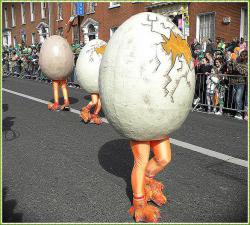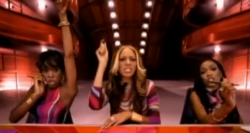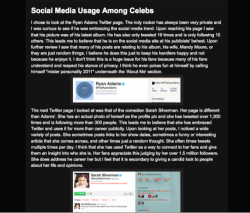
I recently had a teaching experience I could only compare to being on a sinking ship—like the band on the Titanic, I played my song dutifully as I sunk into the murky waters. With every word I spoke, attempting to explain the material I prepared, I could sense the students’ disinterest, disengagement, and utter confusion. This wasn’t the first time I experienced this sinking feeling of a total misfire while teaching, nor do I expect it to be the last time. And do you know whose fault it was? Julian Casablancas.





